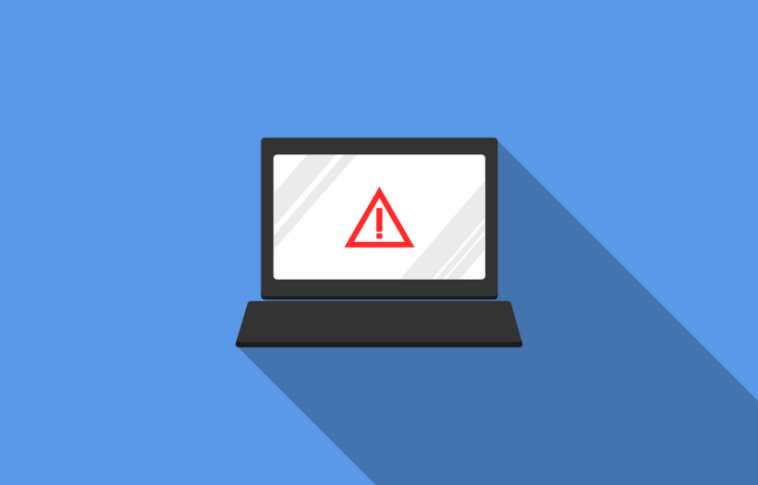- Like
- SHARE
- Digg
- Del
- Tumblr
- VKontakte
- Flattr
- Buffer
- Love This
- Save
- Odnoklassniki
- Meneame
- Blogger
- Amazon
- Yahoo Mail
- Gmail
- AOL
- Newsvine
- HackerNews
- Evernote
- MySpace
- Mail.ru
- Viadeo
- Line
- Comments
- Yummly
- SMS
- Viber
- Telegram
- JOIN
- Skype
- Facebook Messenger
- Kakao
- LiveJournal
- Yammer
- Edgar
- Fintel
- Mix
- Instapaper
- Copy Link
Introduction
In this blog post, we will delve into the major concerns surrounding data breaches, particularly in the context of ransomware attacks, and discuss strategies to mitigate these risks.
The business landscape has witnessed a significant shift towards remote work and cloud-based environments. While this transition has brought numerous benefits and flexibility, it has also introduced new security challenges.
As employees increasingly use personal devices and connect to potentially insecure networks, attackers find new opportunities to steal sensitive information. The consequences of a data breach in this cloud-centric era of remote work can be devastating and long-lasting for businesses.
Heightened Vulnerabilities in Remote Work Environments
Remote work presents unique challenges when it comes to data security. Employees often use their personal devices to access corporate resources, introducing a potential avenue for attackers to gain unauthorized access to sensitive information.
Additionally, remote workers may connect to unsecured networks, further increasing the risk of data breaches and unauthorized access. These vulnerabilities require businesses to reassess their security measures and implement robust controls to protect critical data.
The Devastating Consequences of Breaches
Breaches can have far-reaching implications for businesses, both financially and reputationally. The theft of sensitive customer data can result in regulatory penalties, legal liabilities, and damage to the organization’s brand and customer trust.
Moreover, the cost of incident response, remediation, and recovery can be substantial. Businesses must recognize the severity of these consequences and take proactive measures to mitigate the risk of data breaches.
Ransomware Attacks: A growing Threat
One of the most prevalent and damaging forms of data breaches is ransomware attacks. These attacks involve malicious actors encrypting critical data and demanding a ransom for its release.
With the shift to remote and cloud-based environments, ransomware attacks have become more prevalent and sophisticated. The impact of such attacks can be catastrophic, disrupting business operations, causing financial losses, and tarnishing an organization’s reputation.
Preventing and mitigating ransomware attacks should be a top priority for businesses operating in a cloud-centric world.
How to Mitigate Data Breach Risks
To mitigate the risks associated with data breaches, businesses should adopt a multi-layered approach to security. This includes implementing robust security measures at various levels, such as:
- Enforcing strong access controls and authentication mechanisms to limit unauthorized access to sensitive data.
- Implementing encryption to protect data both at rest and in transit.
- Regularly updating and patching software and systems to address vulnerabilities.
- Conducting thorough risk assessments and penetration testing to identify and address potential weaknesses.
- Educating employees about cybersecurity best practices, including the risks of using personal devices and connecting to unsecured networks.
- Monitoring network traffic and employing intrusion detection systems to detect and respond to potential threats in real-time.
Building a Culture of Cybersecurity Awareness
Creating a strong cybersecurity culture within the organization is crucial in the fight against data breaches. Employees should be educated and empowered to recognize and report potential security threats promptly.
Regular training programs, simulated phishing exercises, and awareness campaigns can help foster a culture of vigilance and responsibility among remote workers. By instilling a sense of shared responsibility, businesses can effectively mitigate the risks associated with remote work and strengthen their overall security posture
As businesses navigate the remote work landscape and embrace cloud-based environments, it is crucial to prioritize data security and understand the potential consequences of a data breach. The shift to predominantly remote work has increased vulnerabilities, making it essential for organizations to implement robust security measures and strategies.
The Takeaway
By adopting a multi-layered approach, embracing cloud-based security solutions, and fostering a strong cybersecurity culture, businesses can mitigate the risks associated with data breaches and ransomware attacks. In doing so, they can safeguard sensitive information, protect their reputation, and maintain the trust of customers in this cloud-centric era.


